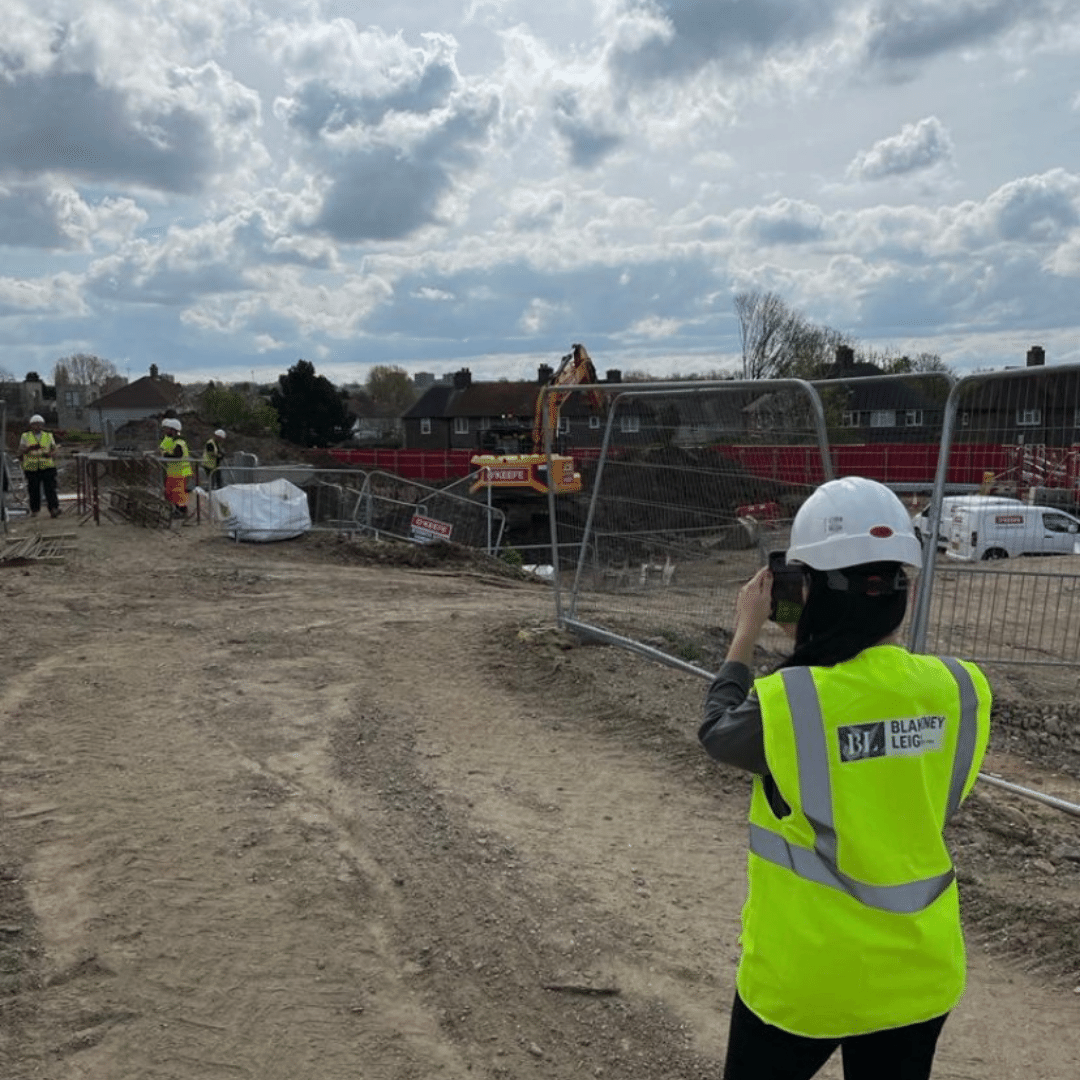Men are still three times more likely than women to commit suicide. In such a male-dominated industry, it is hard to believe that mental health isn’t more of a talking point for those in construction.
In fact, the macho facade and toxic hyper-masculinity are preventing a lot of people from even mentioning the words ‘depression’, ‘anxiety’ or ‘stress’. The industry continues to feed a culture of grin and bear it.
This attempt to keep up appearances is extremely damaging, often reflected on building sites and in the general environment of this industry. Men in construction can become competitive and adopt unhealthy coping mechanisms. With the figures for male suicide sky high, changes need to be made now in order to attack this silent crisis.
Blakeney Leigh is a team of property and construction consultants who have been delivering high-class building, construction and property services for over three decades. They have been thinking more about the mental health struggle in the work they do and have been identifying some of the major factors.
A spokesperson for Blakeney Leigh mentioned that “a lot of us in the industry forget that it is made up of pretty hard-hitting roles. We work in all weathers doing very physical jobs and often with strenuous shift patterns.” So with stress one of the leading causes of depression and anxiety – ensuring support is available for people struggling with these conditions is the first step.
“Then you need to remember that this macho culture is probably one of the most significant things impacting the mental health of our colleagues. When people don’t feel as though they can talk about what’s going on – they’re using all their energy to hide real feelings and keep up appearances. It’s a recipe for disaster and burnout.”
If people aren’t making managers, colleagues and even doctors aware of their struggles, these people aren’t going to know that help needs to be implemented. The facade blocks any hint that something could be wrong because they do their jobs well, join in with the social aspects of construction and go home.
As a result, it is clear that support needs to be implemented without the need for asking for it. Blakeney Leigh has recently discussed actions for the construction industry such as educating workers.
Providing mental health workshops, resources and social events are suggested to open the conversation about mental health and provide the initial point of contact for breaking down this hyper-masculine culture.
Working with different sectors from education to private and social housing as well as wearing many different hats throughout a project – the whole team at Blakeney Leigh see first-hand the number of people that can benefit from changes like these. It needs to become the topic of more conversations both at home and at work. Only then may those higher up realise the extent and be able to do something to fix or tackle the problem before these workers become another statistic.
